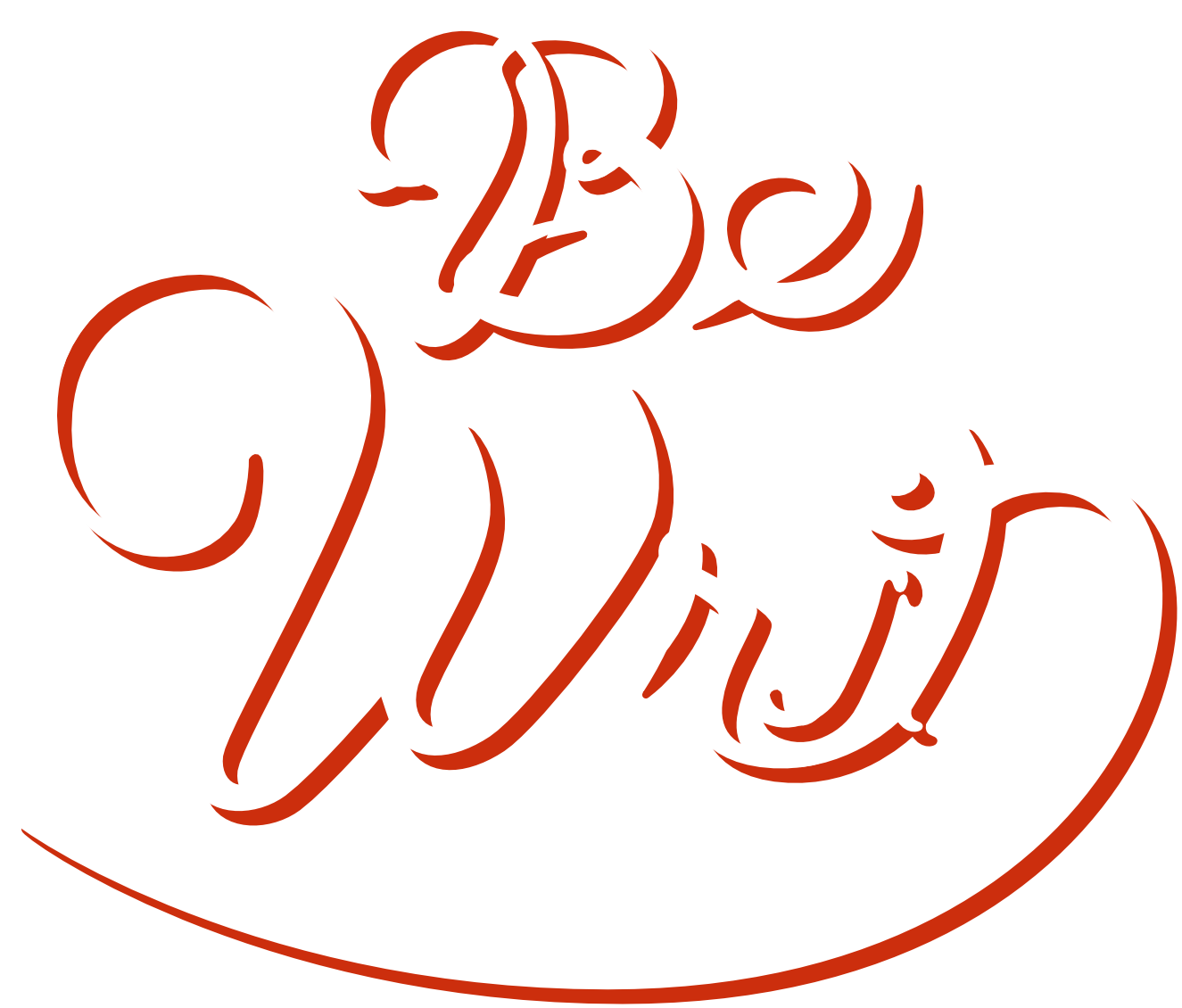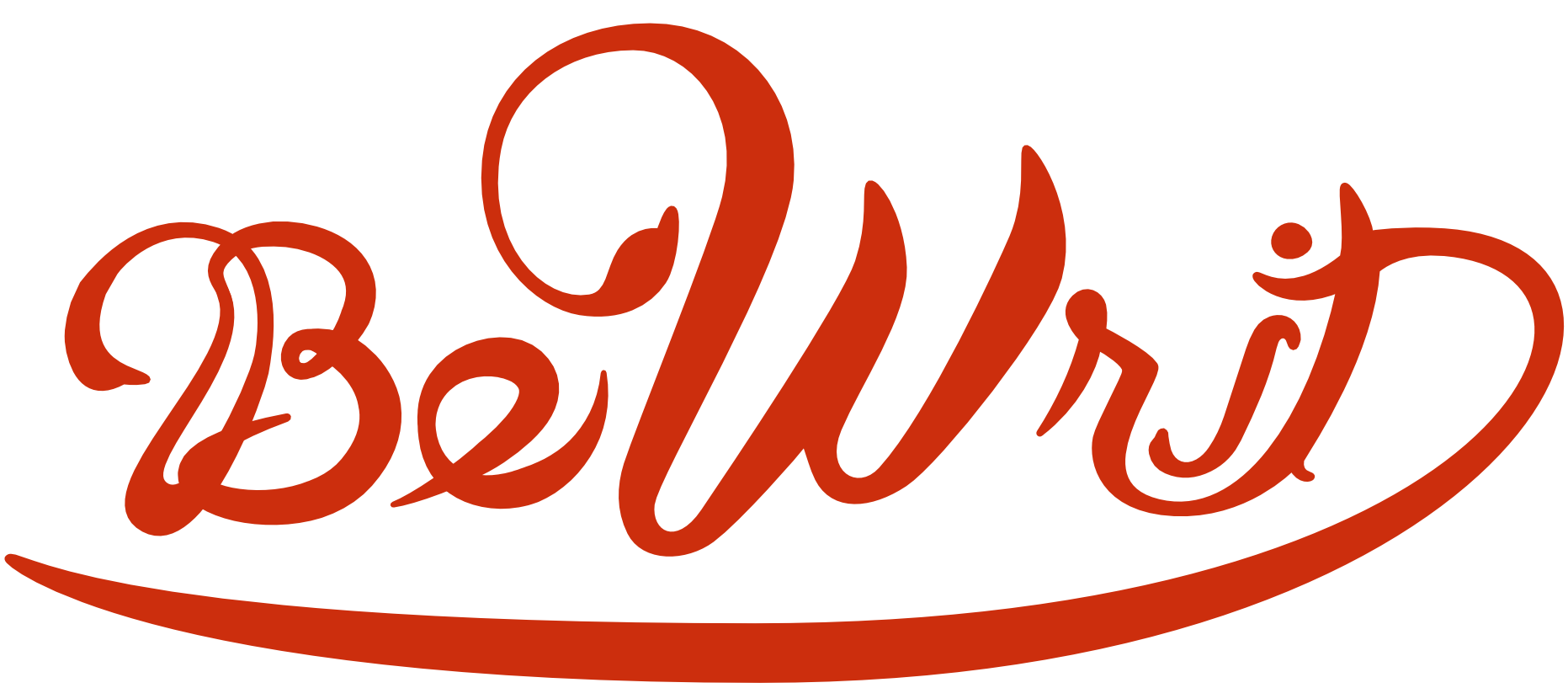
10 Ideas on What to Write About
As a writer, coming up with material is a challenge. You want your work to progress, to remain challenging and exciting, but readers won't always enjoy your ideas. Not all ideas are gold.
Luckily, famous authors deal with the same challenges and have offered excellent advice on the subject for their aspiring counterparts. In this post, we'll talk about ten ideas you can use when you're not sure what to write. If you're feeling blocked, the following tips from inspirational authors may help your pen move.
1. Write about the moments that move you.
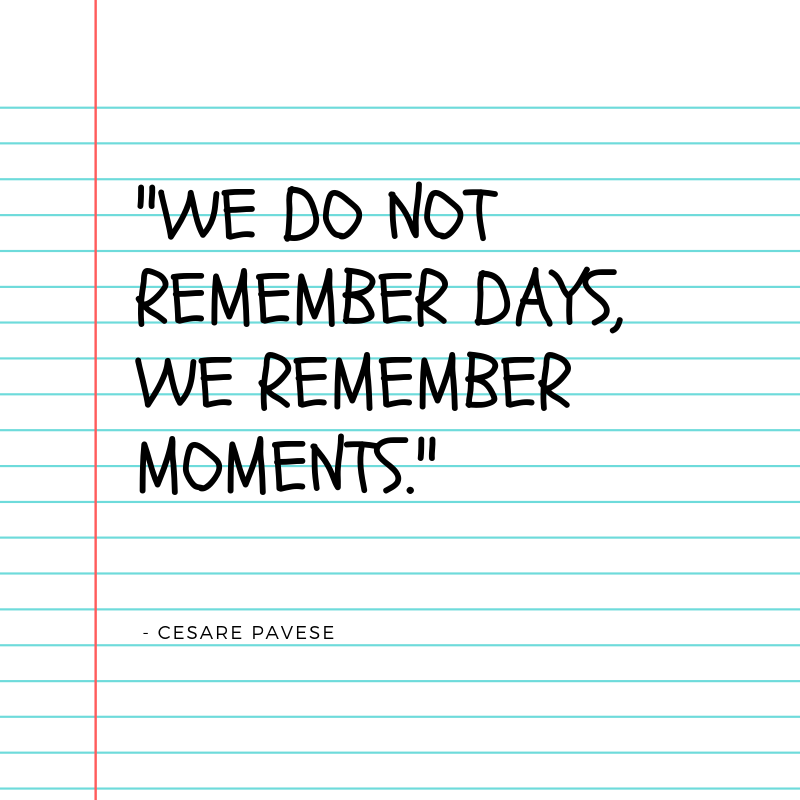
What's your favorite childhood memory? Can you remember the first day of middle school or your first high school prom? Write out your favorite, more treasured moments. Even if you don't remember the entire day or usually write in the memoir genre, focusing on decisive real-life moments can inspire you. Find the defining moments in your life, or take a trip through time to see what stands out.
2. Write what scares you.
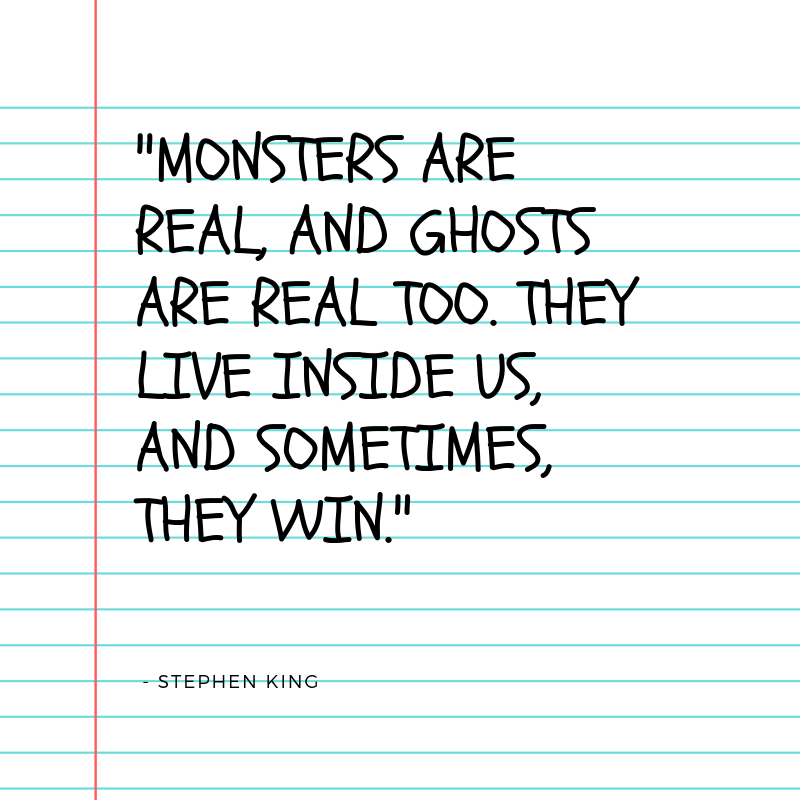
The king of horror himself knows something we all forget: our demons live within us. Often the things we find terrifying, however, are rooted deep within our psyches. As a toddler, for example, I formed a fear of closets that I still struggle with to this day. Many of my stories now focus on something jumping out from a closet or hiding there in wait.
Investigate your fears, where they came from, and what makes them so scary. List out at least five things that scare you to start.
3. Write about what you want.
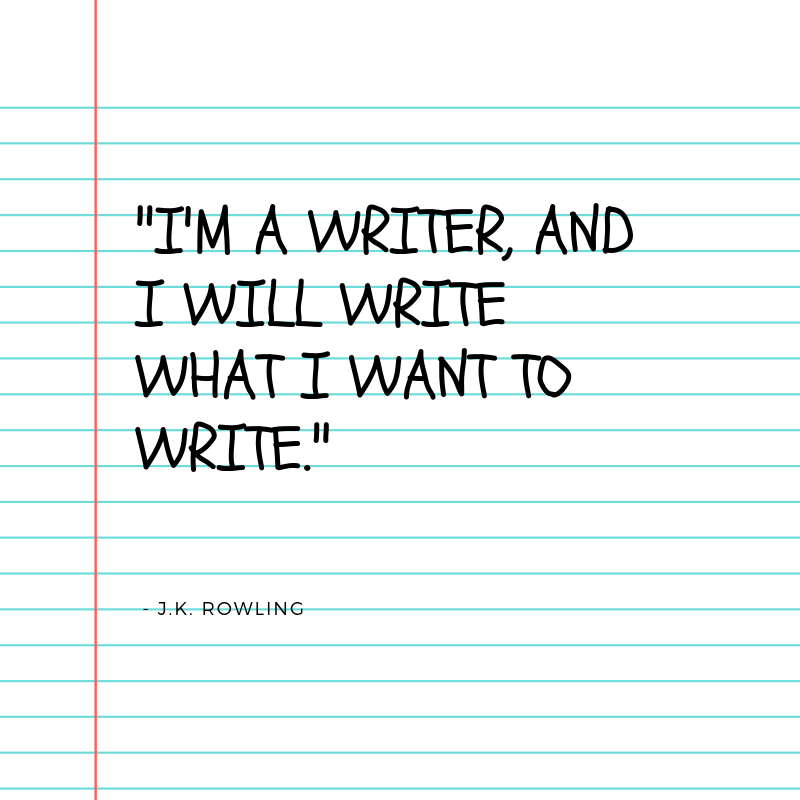
Don't write what you know, as many authors will tell you. Instead, write what you love. That's what will keep you writing. Begin by considering your interests and hobbies. If you like wizards and magic, run with it -- even if some editor tells you the topic is dumb. When you love what you're writing, readers can feel it. The difference is astounding, so always write from the heart. Extend your favorite hobby to your main character, use things you enjoy as a main topic, or free write to see what you deep down want to write if you're not sure.
4. Write something interesting.
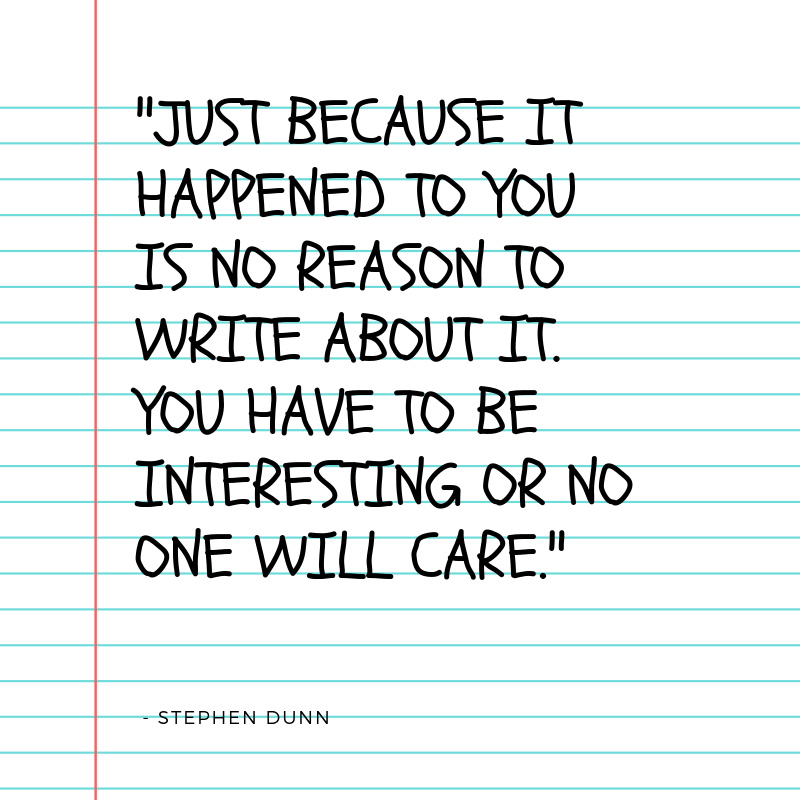
Okay, so this one is a DUH! Why would anyone want to read something boring? But seriously, many writers don't realize how boring their topic is -- primarily when they're more invested in the subject than their readers. The easiest way to write something interesting is to focus on something you enjoy, as your passion translates to the page. However, you have to make it engaging and lively. Rather than write to other people interested in the topic, focus on the people who aren't, and attempt to convert them. Show your readers why your topic is worth reading.
5. Write from your imagination.
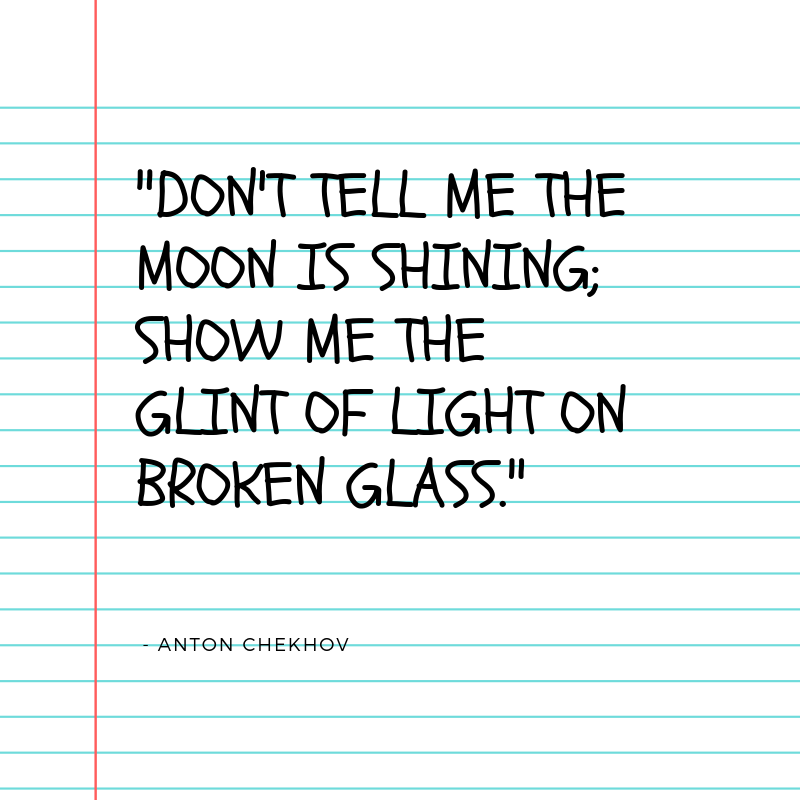
Excellent writing doesn't tell readers what to imagine; it shows them. If there's anything in your story that you could show rather than explain, do it. Things like feelings, relationships, and actions are perfect examples. Consider the scene in complete detail, and spend time focused on writing out what you see in your imagination. Don't tell the reader what happened. Self-publishing School has an excellent post full of examples of how you can show and not tell in your writing.
6. Write what no one else will or can.
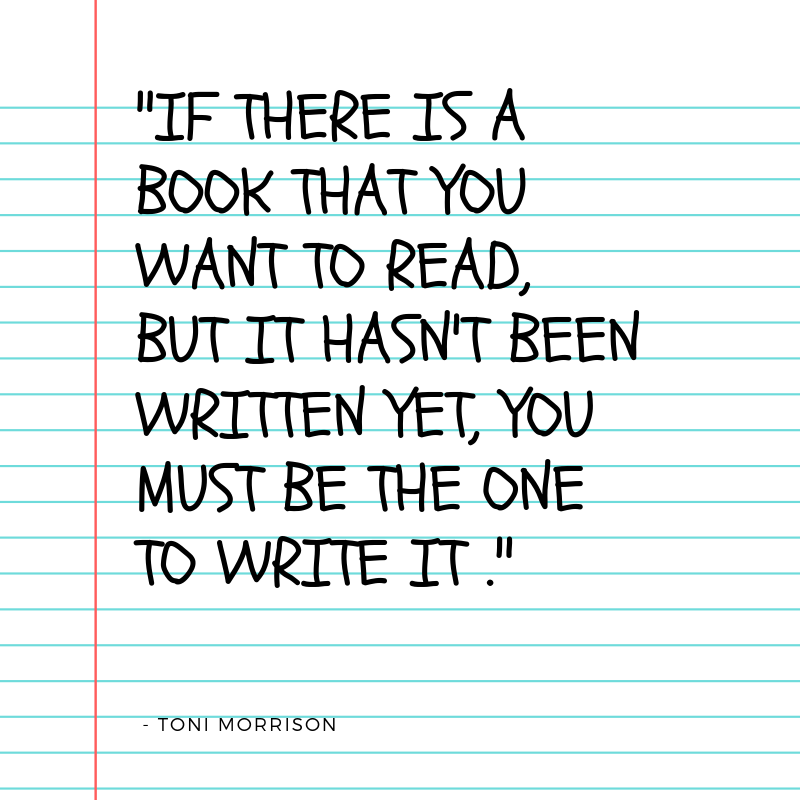
You may not be a famous author, but that doesn't mean you don't have something unique to bring to the table. What can only you write, no one else? Look for the story you can tell that's currently missing from libraries. Explore deep societal issues and how you can address them. Imagine what you wish you learned as a kid, and don't shy away from controversial topics.
7. Write what needs to be said.
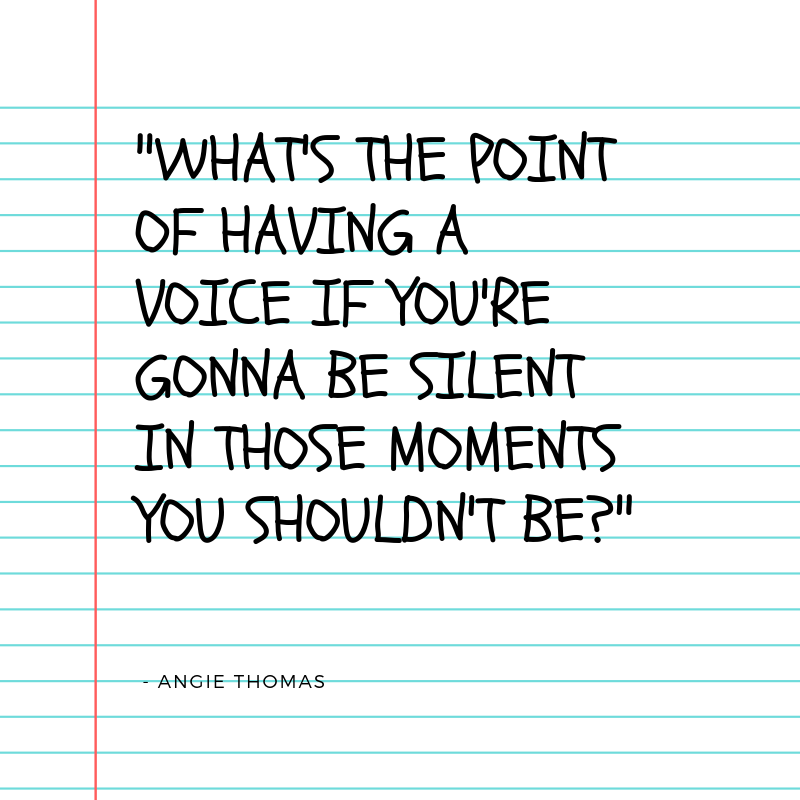
If you don't take a stand, who will? By sitting back and ignoring disturbing realities in our society, such as racism, class warfare, and LGTBQ issues, you only hurt yourself and those around you. Silence is the same as approval. Speaking up is scary, but you must be brave in your writing. If the greater good for all people is vital to you, focus on the change you influence with your writing. Reach people with your words by showing your (or other true-life) experiences.
8. Write about your childhood questions.
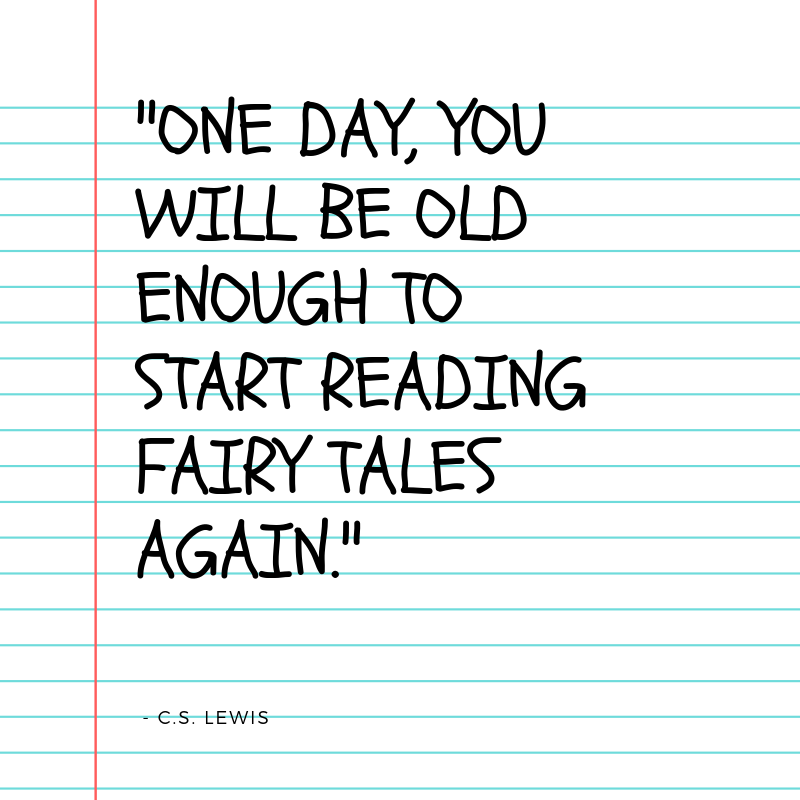
Kids have wild imaginations, and adults tend to forget what it's like to allow the impossible to become a reality. Challenge yourself by asking what fairytale you would like to see come true. Use your rusty imagination. What do you think the world will look like in 3019? What if dinosaurs still roamed the Earth or humans lived in space? Allow your curiosity to run free and consider the most profound questions you had as a kid. If you can't remember that long ago, try asking a child in your life what they think.
9. Write a true-life story.
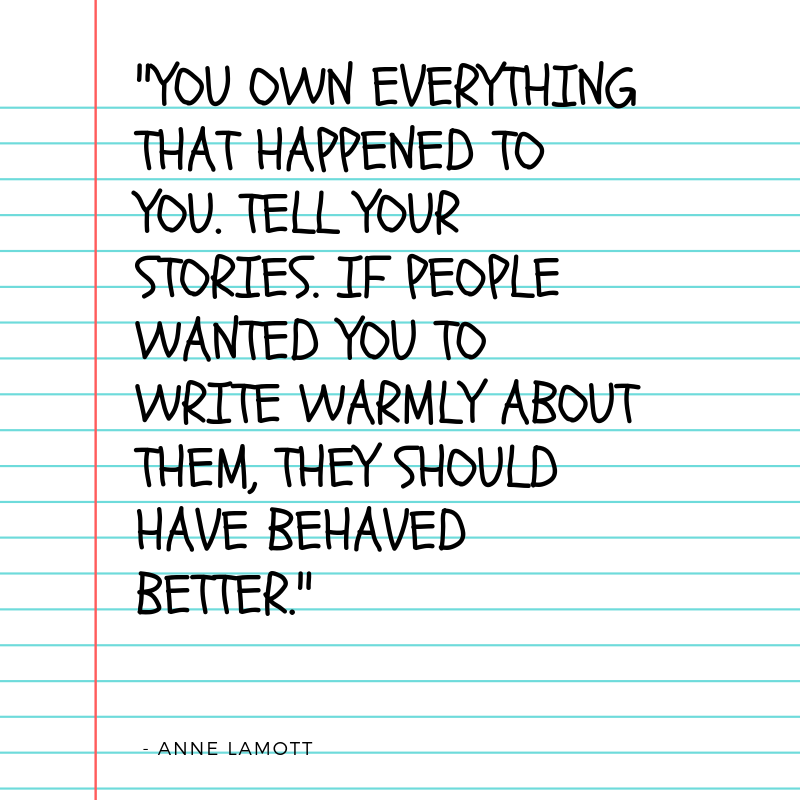
You're living a story right now. Anything in your life worth exploring, such as childhood trauma, addiction, or monumental events, can become your main topic. Writing is therapeutic, and other people may learn from your life. They're your stories to tell, so don't worry about what your family and friends may think. If you don't find your memory reliable, try looking at old journals or newspaper clippings for inspiration.
10. Take a step back.
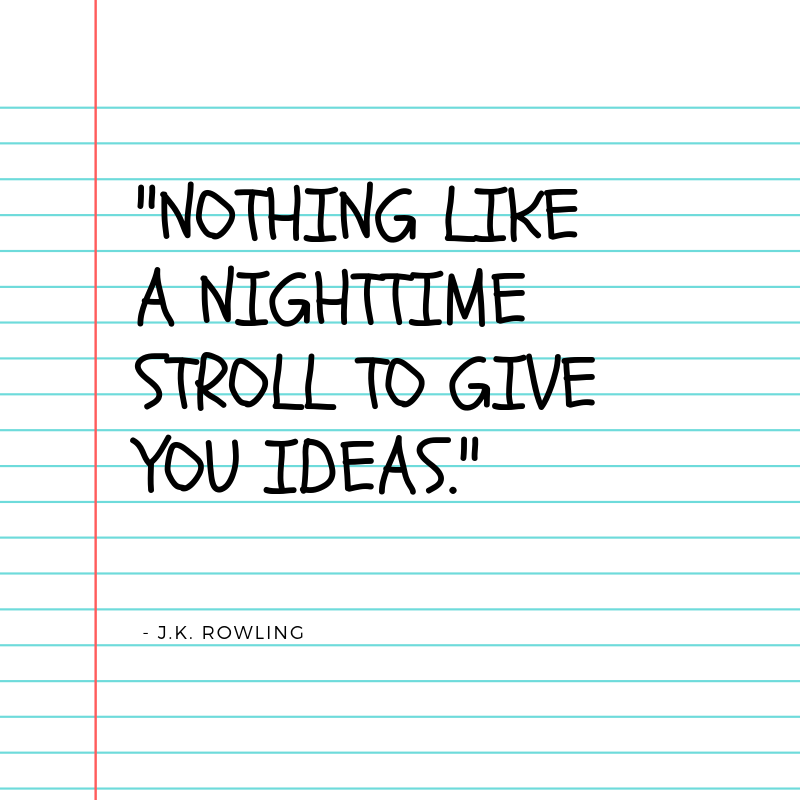
If nothing else works, it's time to take a break. Sometimes a step back can provide your brain with the necessary space to come up with ideas. When I hit a wall, it helps me to go for a walk or focus on something else. Then, ideas come to me because my brain is still focusing on them in the background.
Use any of these 10 tips when you can to keep ideas flowing freely.
A harsh truth all writers need to face, the trick to becoming successful and living happier is to continue coming up with excellent ideas on autopilot. The process is more complicated than we have time for in this post.
However, I've found most writers find it helpful to write when the mood strikes and take necessary breaks. If you're feeling creative, even if you don't have much time, start jotting down ideas and thoughts you can revisit later. So whenever an idea in one of the categories mentioned above strikes you, jot it down!
Use these ten tips as writing prompts when you're trying to figure out what to write about, or allow them to take over the theme of your story. The choice is yours!


